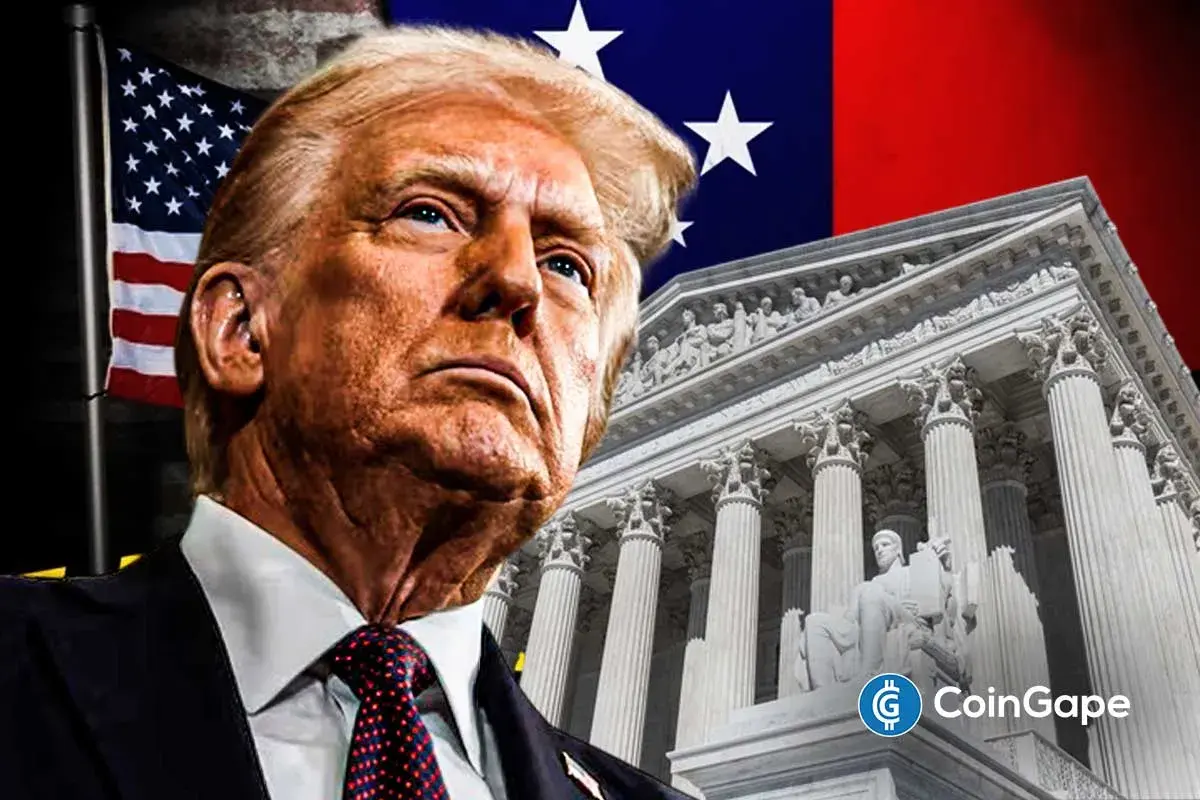Banking Regulators Provide Guidance for U.S. Banks on Crypto Custody

Highlights
- U.S. banks must meet strict standards before offering crypto custody services.
- Banks remain fully liable for cryptographic key storage and third-party vendor failures.
- Regulatory bodies emphasize AML compliance, audit readiness, and legal clarity in crypto safekeeping.
The Federal Reserve, FDIC, and Office of the Comptroller of the Currency have jointly issued new guidance on how U.S. banks should approach crypto custody services. The statement is aimed at banks already involved or considering involvement in holding crypto-assets for customers.
Banks Must Meet Strict Standards Before Offering Crypto Custody Services
The statement restates that banks must obey the current compliance requirements and risk management practices in protecting digital assets. The emphasis here is on safekeeping which means the storage of crypto custody on behalf of a customer.
According to the joint statement, banks can offer crypto custody either as trusted managers with legal duties (fiduciary role). It can also be through secure storage providers without management responsibility (non-fiduciary role), depending on the service agreement and regulatory requirements.
If a bank holds the cryptographic keys, it holds the liability. That means the bank has full control and full responsibility. The regulators stated that banks must ensure no one else, not even the customer, can access the keys. This is what regulators call the benchmark for “true control.”
Key risks identified include cryptographic key loss, cybersecurity breaches, market volatility, and anti-money laundering obligations. Banks are expected to build proper internal controls and stay updated on crypto custody industry developments.
Banks must assess whether they have the technical capacity and compliance readiness before entering crypto custody safekeeping. Institutions will need strong operational frameworks, staff with crypto expertise, and updated technologies to handle the evolving risks of digital assets.
Banks Are Also Responsible for Third-Party Custody
There also is a provision for third-party crypto custody vendors, although the bank is responsible for any failure. Regulators stress that the banks should engage in due diligences regarding such vendors particularly in terms of private key storage. The agreements should clearly state what occurs when assets become compromised and vendors become insolvent.
The statement also revealed that anti-money laundering (AML), terrorism financing (CFT), and OFAC regulations have to be followed. Banks must confirm the identity of their customers and monitor suspect movements. Such requirements can be more difficult to achieve in a blockchain-based context in which identity is not necessarily transparent.
The official release adds that clarity is paramount regarding the legal aspects of crypto custody management. Corporate agreements can be concluded through on-chain votes, forks, or airdrop, on behalf of all the parties. Banks should also address concerns regarding wallet management, regardless of the type of storage, and the use of smart contracts.
The regulators also expect banks to have separate audit programs. These audits should include crypto custody safe keeping controls, the management of crypto keys, and personnel ability. Should they lack internal experts, the banks can hire retain third party auditors.
The recent development follows a report by CoinGape that the reputational risk factor that banks have been facing before this administration was terminated by the Federal Reserve. The requirement prevented banks from offering crypto custody-related services.
- Trump’s Truth Social Files For Bitcoin, Ethereum, Cronos Crypto ETFs Amid Institutional Outflows
- Trump Tariffs: U.S. Supreme Court Sets February 20 for Potential Tariff Ruling
- Brazil Targets 1M BTC Strategic Reserve to Rival U.S. Bitcoin Stockpile
- Breaking: U.S. CPI Inflation Falls To 4-Year Low Of 2.4%, Bitcoin Rises
- Bitget Launches Gracy AI For Market Insights Amid Crypto Platforms Push For AI Integration
- Bitcoin Price Outlook As Gold And Silver Lose $3.6 Trillion in Market Value
- XRP and Ethereum Price Prediction as Trump Seeks to Lower Key Tariffs
- Solana Price Prediction as $2.6 Trillion Citi Expands Tokenized Products to SOL
- Bitcoin Price Could Fall to $50,000, Standard Chartered Says — Is a Crash Coming?
- Cardano Price Prediction Ahead of Midnight Mainnet Launch
- Pi Network Price Prediction as Mainnet Upgrade Deadline Nears on Feb 15

















